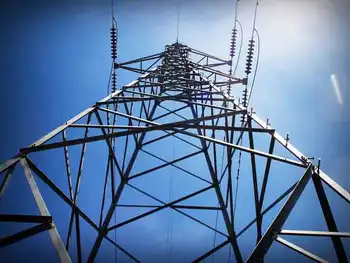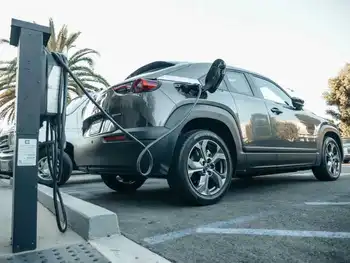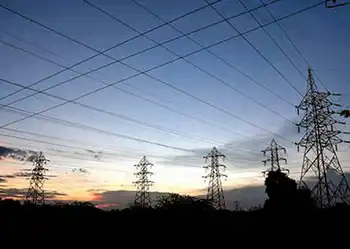Scientists find way to build a better battery
The researchers believe the quick-charging batteries could open up new applications, including better batteries for electric cars.
And because they use older materials in a new way, the batteries could be available for sale in two to three years, a team from Massachusetts Institute of Technology reported in the journal Nature.
Current rechargeable lithium batteries can store large amounts of energy, making them long-running. But they are stingy about releasing their power, making them discharge energy slowly and require hours to recharge.
Scientists traditionally have blamed slow-moving lithium ions — which carry charge across the battery — for this sluggishness.
However, about five years ago, Gerbrand Ceder and a team at MIT discovered that lithium ions in traditional lithium iron phosphate battery material actually move quite quickly.
"It turned out there were other limitations," Ceder said in a telephone interview.
Ceder and colleagues discovered that lithium ions travel through tunnels accessed from the surface of the material. If a lithium ion at the surface is directly in front of a tunnel entrance, it can quickly deliver a charge. But if the ion is not at the entrance, it cannot easily move there, making it less efficient at delivering a charge.
Ceder and colleagues remedied this by revamping the battery recipe. "We changed the composition of the base material and we changed the way it is made — the heat treatment," Ceder said.
This created many smooth tunnels in the material that allow the ions to slip in and out easily. "The trick was knowing what to change," he said.
Using their new processing technique, the team made a small battery that could be fully charged in 10 to 20 seconds.
Ceder thinks the material could lead to smaller, lighter batteries because less material is needed for the same result.
And because they simply tinkered with a material already commonly used for batteries, it could be easily adapted for commercial use.
"If manufacturers decide they want to go down this road, they could do this in a few years," Ceder said.
One glitch, Ceder said, would be handling the extra surge of power. "All of the wiring has to get beefed up," he said.
Related News

What 2018 Grid Edge Trends Reveal About 2019
WASHINGTON - Which grid edge trends will continue into 2019, and what kind of disruption is on the horizon in the coming year?
From advanced metering infrastructure endpoints to electric-vehicle chargers, grid edge venture capital investments to demand response events, hundreds of data points go into tracking new trends at the edge of the grid.
Trends across these variables tell a story of transition, but perhaps not yet transformation. Customers hold more power than ever before in 2019, with utilities and vendors innovating to take advantage of new opportunities behind the meter. Meanwhile, external factors can always throw things off-course, and reliability…




